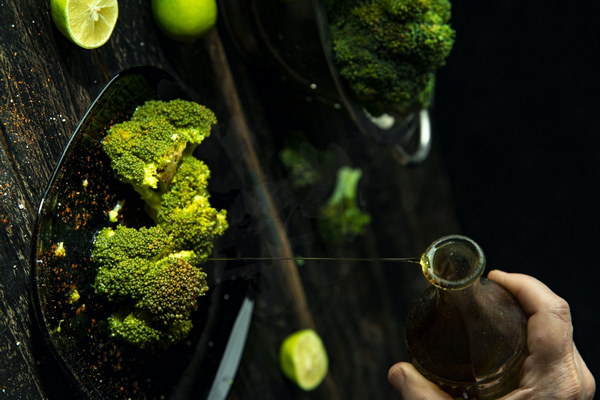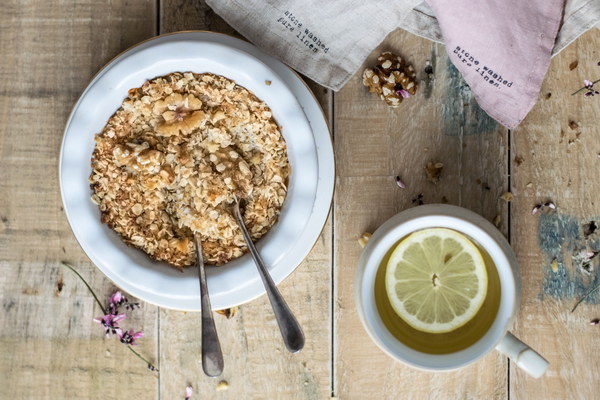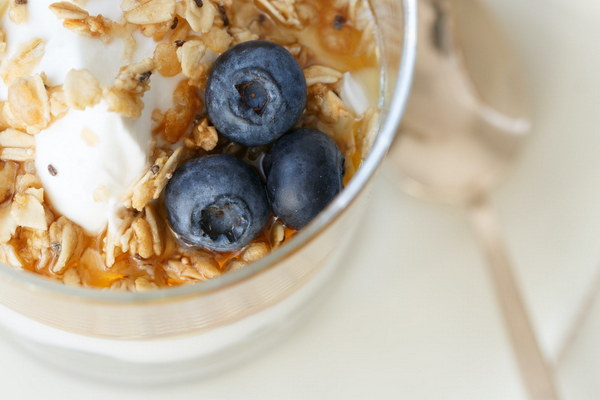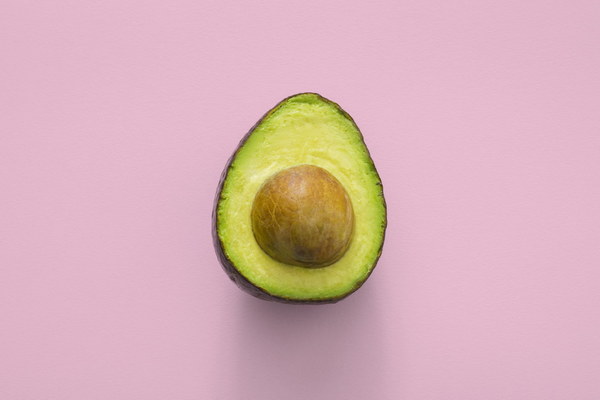Boost Your Menstrual Well-being Nutritional Tips for Pre-Menstrual Health
Introduction:
Menstruation is a natural and vital part of a woman's life, but it can sometimes bring discomfort and discomfort. Pre-menstrual syndrome (PMS) affects many women, causing symptoms like bloating, mood swings, and fatigue. One effective way to alleviate these symptoms is by incorporating a well-balanced diet rich in essential nutrients. In this article, we will explore the benefits of pre-menstrual nutritional supplements and provide you with practical tips to enhance your overall well-being during this time.
1. Understanding Pre-Menstrual Syndrome:
Pre-menstrual syndrome (PMS) refers to a collection of physical, emotional, and behavioral symptoms that occur in the week or two before a woman's menstrual period. These symptoms can vary in intensity and may include:
- Mood swings
- Breast tenderness
- Bloating and water retention
- Fatigue
- Cravings for certain foods
- Anxiety or irritability
2. The Role of Nutrition in Pre-Menstrual Health:
A well-balanced diet can significantly impact the severity of PMS symptoms. Certain nutrients play a crucial role in maintaining hormonal balance, reducing inflammation, and promoting overall well-being. Here are some key nutrients to focus on:

a) Calcium:
Calcium is vital for maintaining hormonal balance and reducing mood swings during pre-menstruation. Foods rich in calcium include dairy products, leafy greens, and fortified plant-based milk alternatives.
b) Magnesium:
Magnesium helps regulate the production of serotonin, a neurotransmitter that affects mood. Foods rich in magnesium include almonds, cashews, legumes, and whole grains.
c) Vitamin D:
Vitamin D is essential for calcium absorption and overall bone health. It also plays a role in mood regulation. Foods rich in vitamin D include fatty fish, egg yolks, and fortified foods.
d) Omega-3 Fatty Acids:
Omega-3 fatty acids have anti-inflammatory properties and can help reduce bloating and breast tenderness. Sources of omega-3s include fatty fish, flaxseeds, chia seeds, and walnuts.
e) Iron:
Iron deficiency is common among women of reproductive age, and it can exacerbate PMS symptoms. Incorporate iron-rich foods such as lean red meat, poultry, fish, beans, lentils, and fortified cereals into your diet.
f) Vitamin B6:
Vitamin B6 helps regulate hormonal balance and reduce symptoms of PMS. Foods rich in vitamin B6 include bananas, potatoes, chickpeas, and avocados.
3. Pre-Menstrual Meal Planning Tips:
To maximize the benefits of these nutrients, here are some meal planning tips to consider during pre-menstruation:
- Include a variety of fruits and vegetables in your diet to ensure an adequate intake of vitamins and minerals.
- Aim for whole grains, lean proteins, and healthy fats to maintain stable blood sugar levels and reduce cravings.
- Stay hydrated by drinking plenty of water, herbal teas, and infused water to prevent bloating and water retention.
- Avoid excessive caffeine and alcohol, as they can exacerbate PMS symptoms.
- Consider incorporating pre-menstrual nutritional supplements if you have difficulty meeting your nutrient requirements through diet alone.
Conclusion:
Pre-menstrual syndrome can be a challenging time for many women, but with the right nutritional support, you can alleviate symptoms and improve your overall well-being. By focusing on essential nutrients like calcium, magnesium, vitamin D, omega-3 fatty acids, iron, and vitamin B6, you can enhance your pre-menstrual health and enjoy a more comfortable and balanced menstrual cycle. Remember, a well-balanced diet is just one aspect of managing PMS; make sure to prioritize self-care, adequate sleep, and stress management for optimal results.









